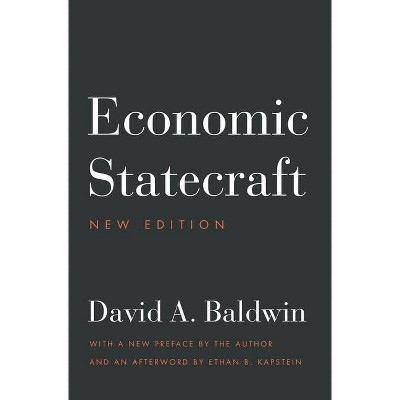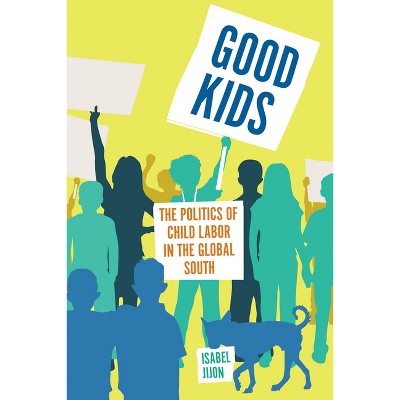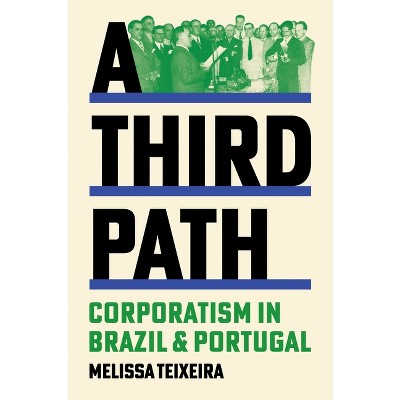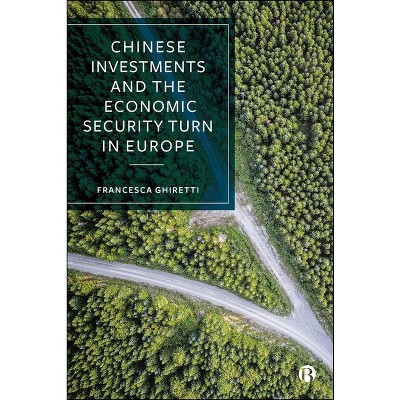Sponsored

The Economic Other - by Meghan Condon (Paperback)
In Stock
Sponsored
About this item
Highlights
- Economic inequality is at a record high in the United States, but public demand for redistribution is not rising with it.
- About the Author: Meghan Condon is assistant professor in the Department of Political Science at Loyola University Chicago.
- 240 Pages
- Political Science, American Government
Description
About the Book
"There is a puzzling disconnect between rising income inequality and public opinion in the United States. One might think-and many politicians argue-- that as inequality increases the public on the losing side of the inequality divide would demand more redistributive action from government. But many Americans have not demanded these policies. Indeed, Americans have trouble identifying their own positions in the changing economic hierarchy; the public's appetite for economic redistribution has remained relatively unchanged; and the American social safety net has not become more generous. The authors argue that this cannot be explained solely by voter ignorance or ideological commitments. Instead they contend that American are increasingly insulated from the reality of inequality by increasing geographical segregation from the rich. And, as their economic anxiety increases, in an effort to feel better about themselves, they tend to compare themselves not to the rich but to those who are lower down on the socio-economic scale"--Book Synopsis
Economic inequality is at a record high in the United States, but public demand for redistribution is not rising with it. Meghan Condon and Amber Wichowsky show that this paradox and other mysteries about class and US politics can be solved through a focus on social comparison. Powerful currents compete to propel attention up or down-toward the rich or the poor-pulling politics along in the wake. Through an astute blend of experiments, surveys, and descriptions people offer in their own words, The Economic Other reveals that when less-advantaged Americans compare with the rich, they become more accurate about their own status and want more from government. But American society is structured to prevent upward comparison. In an increasingly divided, anxious nation, opportunities to interact with the country's richest are shrinking, and people prefer to compare to those below to feel secure. Even when comparison with the rich does occur, many lose confidence in their power to effect change. Laying bare how social comparisons drive political attitudes, The Economic Other is an essential look at the stubborn plight of inequality and the measures needed to solve it.Review Quotes
"A timely and necessary piece of scholarship, this book contributes to a rich literature about inequality and the hesitancy to redistribute, opening up many possibilities for future research... This book should be required reading for not only academics, but anyone who wishes to better understand inequality in the United States." -- "Political Science Quarterly"
"Condon and Wichowsky add a crucial social-psychological dimension to existing understandings of the roots of American attitudes about economic inequality, and contribute fresh insights on the obstacles that confront political efforts to mitigate inequality. This is a book I recommend highly to public opinion scholars for its theoretical insight and astute methodological blend. But it also deserves to be read widely by scholars interested in how political messages, policy proposals, and institutional reforms can undermine or encourage constructive responses to our economic divide."-- "Public Opinion Quarterly"
"Scholars of race, ethnicity, and politics will value the book's detailed examination of heterogeneity across races and genders."-- "Journal of Race, Ethnicity, and Politics"
"This book offers a wide range of insights and valuable causal inferences, serves as a methodological model that will likely be referenced in the future, and is sufficiently theoretically overabundant that scholars and students will likely be reading and building on it for many years to come."-- "Perspectives on Politics"
"[The Economic Other] explores the central role of social comparison in the politics of inequality, focusing on ways that race and gender determine the nature and impact of cross-class comparisons. . . . [The book] investigates why Americans have not demanded more economic redistribution despite the substantial increases in income inequality. . . . [and] evaluates whether these reinforcing patterns regarding social comparison can be interrupted."-- "Journal of Economic Literature"
"While, as the authors argue, to compare is human, a lot goes into which comparisons we make. Whether individuals engage in upward or downward comparison makes a huge difference in how they construct inequality in their minds and their political responses to this inequality. Condon and Wichowsky argue that which comparisons individuals choose to engage in, and which ones they are encouraged to make by the media and the political machinery determines how they react. Their ability to connect the dots between economic trends, social psychology, and politics of identity construction create an engaging book with tremendous salience for the present political moment."-- "Population and Development Review"
"Rooted in social-psychological theory and a wealth of data from survey experiments, The Economic Other shines a bright light on a puzzling feature of our times: why soaring economic inequality has not produced a correspondingly strong demand for redistributive action. It shows that cross-class social comparisons importantly shape opinions about redistributive programs. Looking upward at high-income people encourages support for redistribution. But looking upward is uncomfortable and is discouraged by residential segregation, economic anxiety, and misleading media. Most Americans either avoid comparisons or look downward, reassuring themselves but blunting egalitarian impulses. Still, the authors offer some possible cures for this self-reinforcing dynamic of inequality."
--Benjamin I. Page, Northwestern University
"This book is like no other. It uses cutting-edge social science methods to explain how citizens think about themselves, others, and public policy. In so doing, it provides invaluable insight into the pressing contemporary issues of inequality and redistribution. Condon and Wichowsky will change the way scholars study public opinion formation and how we all think and talk about inequality."
--James N. Druckman, Northwestern University
"Why are ordinary citizens so indifferent to socioeconomic inequality? Condon and Wichowsky offer a fresh, brilliant explanation to this central question of our time: the psychology of social comparison. Looking up at the privileged fosters awareness of inequality and support for ameliorating measures, but it is also uncomfortable and, therefore, rare. For emotional self-preservation, people would rather look down at the less fortunate, which undercuts mobilization around inequality. Engagingly written, theoretically sophisticated, and full of fascinating new data, this volume is a stand-out among the many books now examining inequality." --Andrea Campbell, MIT
"In the last day, how many times have you compared yourself to someone else? If you're not sure, you're not alone: people compare themselves to others all the time, sometimes almost unconsciously. What's remarkable is that these social comparisons are often the hidden drivers of how Americans form political attitudes about some of the paramount political issues of our time--issues like inequality, redistribution, and social policy. In this engaging and carefully-researched book, Condon and Wichowsky shine an overdue light on comparisons across social classes--that is, how Americans think about people richer and poorer than themselves--and the surprisingly powerful ways that these views structure our attitudes about inequality and economic policy. If you want to understand why Americans react to inequality in the (sometimes surprising) ways that they do, you need to read this book."
--Nicholas Carnes, Duke University"This is an important book, addressing an important set of questions, using innovative techniques to get answers. Condon and Wichowsky provide social scientists with a framework to understand the disconnect between rising inequality and support for redistribution. They provide progressive activists with a foundation to build more convincing messages. And on top of that, it is written in an engaging and accessible style."
--Nathan J. Kelly, University of Tennessee, Knoxville"It is no longer deniable that social class matters in United States politics. Condon and Wichowsky lay open how it works for the thoughts and behaviors of members of the public. Their careful and lucid analyses show us that in this context of economic inequality, people are often comparing themselves to others whom they perceive to be faring better or worse and that these comparisons matter for our contemporary politics. This is a sophisticated take that maintains a focus on gender and race and treats economic distinctions as the social and political phenomena that they are."--Katherine J. Cramer, University of Wisconsin-Madison
"Some research in political psychology can seem like angels dancing on the head of a pin from the perspective of scholars focused on large political movements and big policy dilemmas--but not this book. The Economic Other uses elegant experimental and other techniques to explore two findings: how Americans compare themselves to others can increase their desire for greater social and economic equality, but how much they compare themselves to others can dampen that desire. Those are collective phenomena, not merely individual perversity. The combination is intellectually fascinating, politically infuriating, and morally disturbing--Condon and Wichowsky focus our attention on a dynamic that explains a lot of what is most troubling about American politics today."--Jennifer L. Hochschild, Harvard University
About the Author
Meghan Condon is assistant professor in the Department of Political Science at Loyola University Chicago. Amber Wichowsky is associate professor in the Department of Political Science and director of the Marquette Democracy Lab at Marquette University.Shipping details
Return details
Frequently bought together
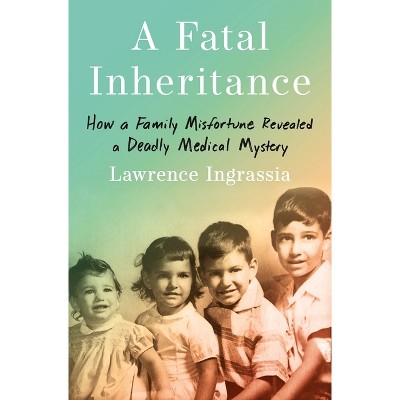
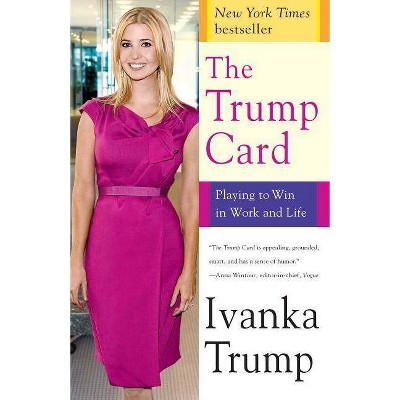
Trending Non-Fiction











